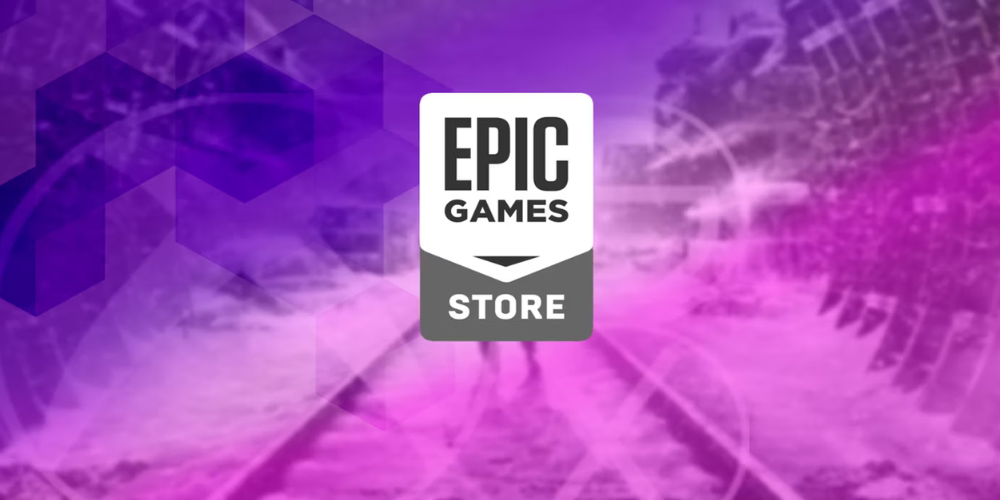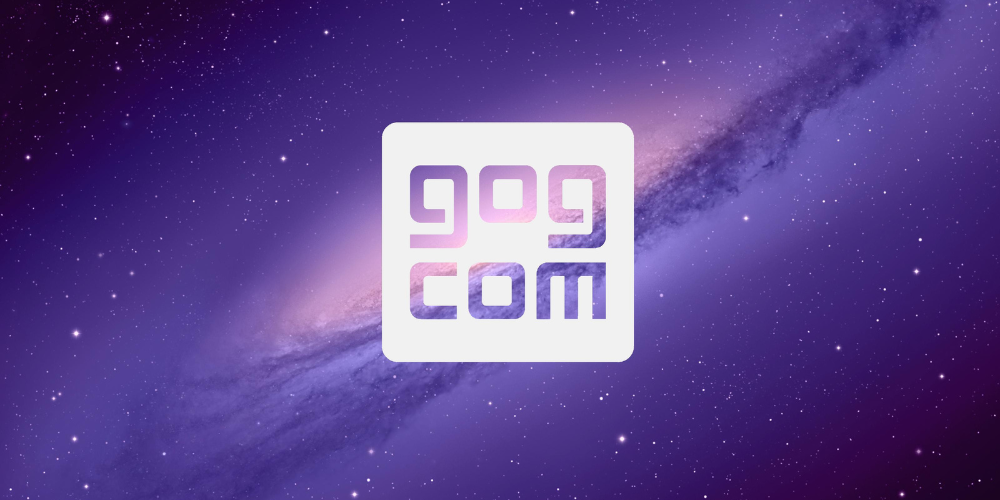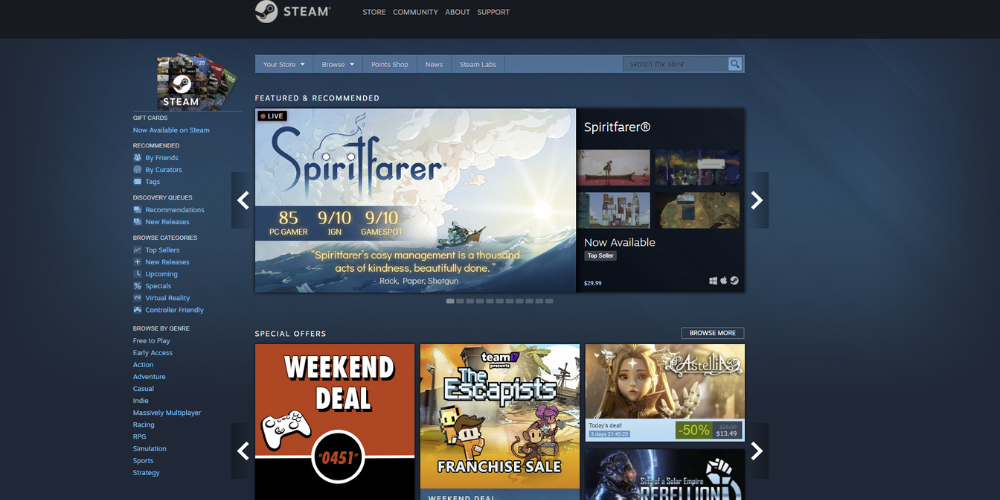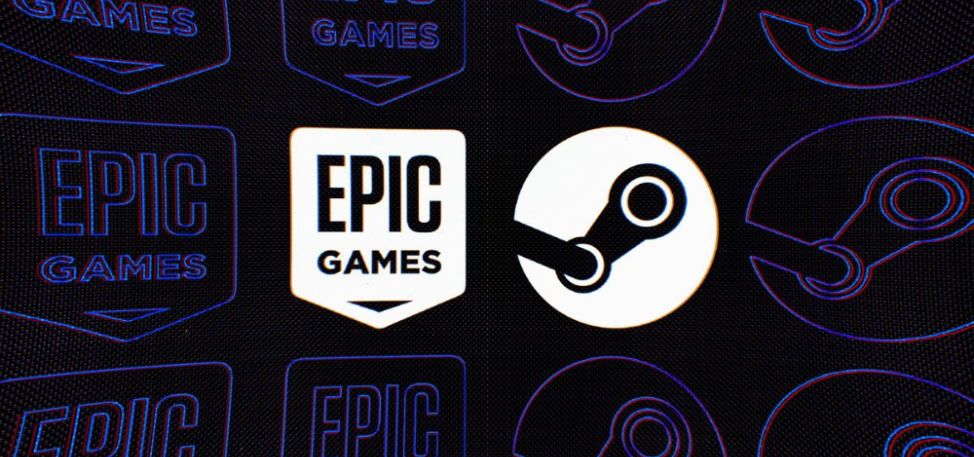The Rise of Digital Distribution Platforms
In recent years, the landscape of video game distribution has undergone a significant transformation, fundamentally altering the gaming industry as we know it. The shift from physical media to digital distribution represents a major paradigm change that has not only influenced how games are purchased and played but has also revolutionized the way they are marketed, developed, and even perceived by the gaming community. Traditional physical copies of games, once the mainstay of the industry, are increasingly being replaced by digital downloads and online streaming options, giving rise to new business models and opportunities for both developers and consumers.
This transition has been spearheaded by key players like Steam, Epic Games Store, and GOG, among others, which have positioned themselves at the forefront of this digital revolution. These platforms have created vast digital marketplaces that offer gamers an unparalleled variety of choices, from indie gems to blockbuster titles, all accessible from the comfort of their homes with just a few clicks. Moreover, digital distribution has democratized game development, allowing independent developers to reach a global audience without the need for traditional publishing deals, which were often gatekept by larger, established companies.
This wider reach has also fostered a more competitive and innovative market, encouraging developers to push the boundaries of creativity and quality. Additionally, these platforms often provide forums, user reviews, and community features that enhance the overall gaming experience, creating an interactive ecosystem where feedback and engagement flow seamlessly between players and developers. The implications of this shift are profound, impacting not just the economic aspects of the gaming industry but also cultural and social dynamics.
With digital distribution, players have easier access to a diverse array of games from different genres and regions, enriching the global gaming culture. As the industry continues to evolve, the trend toward digital becomes ever more pronounced, signaling a future where physical media may become a rarity, and digital platforms will likely dominate the landscape, driving innovation and accessibility further than ever before.
Steam: The Pioneer of Digital Game Distribution

Valve Corporation's Steam platform is often credited with pioneering the digital distribution model in video gaming. Since its launch in 2003, Steam has amassed a vast library of games, appealing to every segment of the market. Its user-friendly interface, frequent sales, and comprehensive features such as achievements, cloud saves, and community forums have made it a dominant force in the gaming world.
Epic Games Store: A New Challenger

Launched in December 2018, the Epic Games Store quickly made waves in the gaming community. Known for its aggressive strategies, such as offering free weekly games and securing exclusive titles, Epic has positioned itself as a strong competitor to Steam. Despite facing criticism for its exclusivity deals, the platform has managed to attract a substantial user base and has shown commitment to supporting game developers with favorable revenue splits.
GOG: Good Old Games with a Modern Twist

GOG, originally known as Good Old Games, specializes in DRM-free games, providing players with full ownership of their purchases. GOG is renowned for reviving classic games and making them compatible with modern systems, which has attracted a nostalgic gaming demographic. The platform also features newer releases and has built a reputation for excellent customer support and a strong commitment to user privacy.
Other Noteworthy Platforms
Beyond Steam, Epic Games Store, and GOG, several other platforms have carved out their niches in the digital distribution space. Ubisoft's Uplay, EA's Origin, and Microsoft's Xbox Game Pass for PC offer a diverse range of exclusive titles and subscription services. These platforms provide alternative options for gamers, each with unique features and exclusive game access, thereby enriching the gaming ecosystem.
The Impact on Game Developers
The rise of digital distribution platforms has been a boon for game developers, particularly indie developers, who now have multiple avenues to market and sell their games. Platforms like Steam and Epic Games Store provide resources for smaller developers to reach a global audience. However, the competition for visibility has also increased, requiring developers to be more strategic in their marketing efforts. Revenue splits, discoverability algorithms, and community engagement are crucial factors that developers must navigate to achieve success.

Consumer Benefits and Challenges
For gamers, digital distribution platforms offer unparalleled convenience and variety. Instant access to a vast array of games, regular discounts, and community features enhance the gaming experience. However, the proliferation of multiple platforms has also introduced challenges, such as fragmented game libraries and the need for multiple accounts and launchers. Additionally, issues such as data security and digital rights management (DRM) practices continue to be areas of concern for consumers.
The Future of Digital Game Distribution
Looking ahead, the digital game distribution landscape is poised for further innovation and diversification. Trends such as cloud gaming, subscription-based models, and blockchain technology are set to redefine how games are distributed and consumed. Platforms will likely continue to evolve, offering more personalized and immersive experiences for gamers while providing developers with new tools and opportunities to showcase their creations.
Summary
Digital distribution platforms have truly transformed the landscape of how video games are accessed, distributed, and enjoyed by millions of gamers worldwide. Steam, Epic Games Store, and GOG are among the leading platforms at the forefront of this revolution, each contributing unique features and advantages that cater to different segments of the diverse gaming community. Steam is widely known for its vast library of games, extensive community features, and frequent sales and discounts that attract budget-conscious gamers.
Epic Games Store, on the other hand, has made a name for itself with exclusive titles, a generous revenue-sharing model for developers, and its practice of offering free games to users on a regular basis. Meanwhile, GOG stands out with its commitment to DRM-free gaming, appealing to players who value ownership and freedom over their digital purchases. For game developers, digital distribution has opened up unprecedented opportunities to reach global audiences without the need for physical media, which can be costly and logistically challenging. Independent developers and smaller studios, in particular, have benefited from having these platforms as launchpads for their projects.
However, this ease of access has also led to heightened competition, making it more challenging for individual games to stand out in a crowded market. From the consumer's perspective, the convenience and variety provided by digital distribution platforms are immensely beneficial. Gamers can access a wide range of titles instantly from the comfort of their homes, often finding niche games that would otherwise be unavailable in physical retail stores. Additionally, features like cloud saves, automatic updates, and robust community forums enhance the overall gaming experience. Despite these advantages, some challenges remain, such as concerns over digital rights management (DRM), game preservation, and the potential for overwhelming choice.
Looking ahead, the future of digital game distribution is brimming with potential for further innovation. Advancements in technology, such as cloud gaming and virtual reality, are likely to integrate more seamlessly with these platforms, offering even richer and more immersive experiences. Enhanced social features, personalized recommendations, and more sophisticated discovery algorithms could make finding the next favorite game easier and more enjoyable than ever. As the digital landscape continues to evolve, it ensures that the gaming industry will not only thrive but also adapt and grow, embracing new trends and meeting the ever-changing demands and expectations of the global gaming community.









